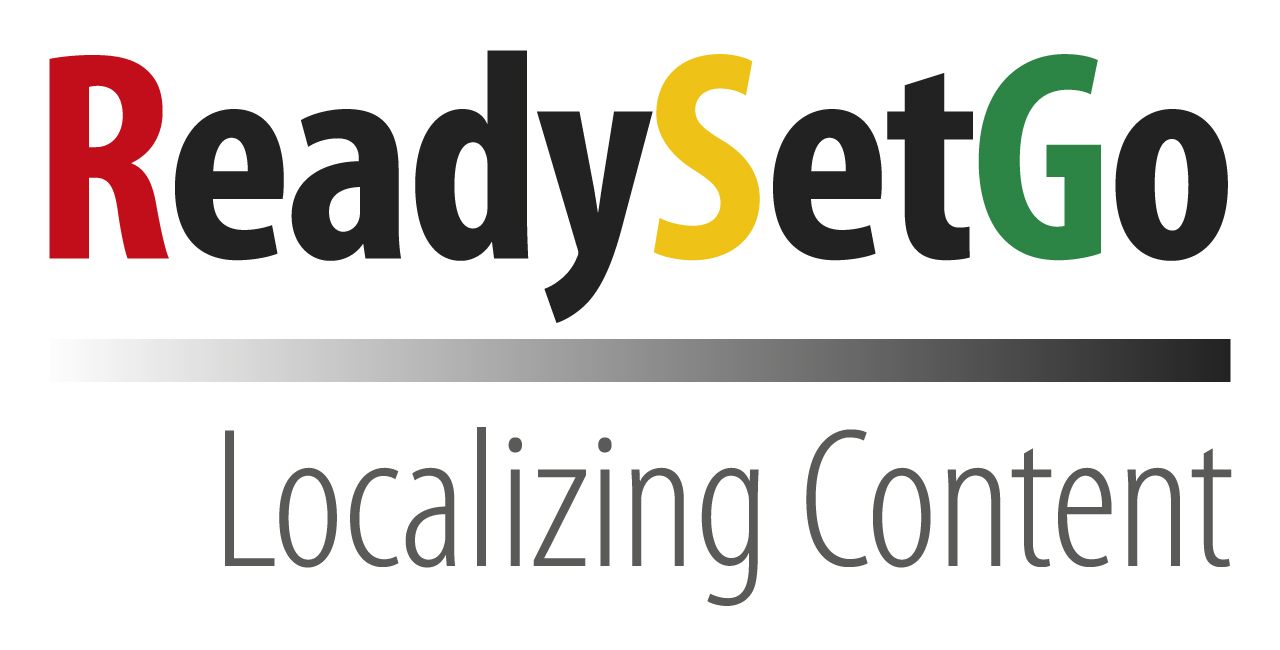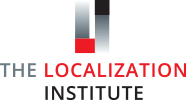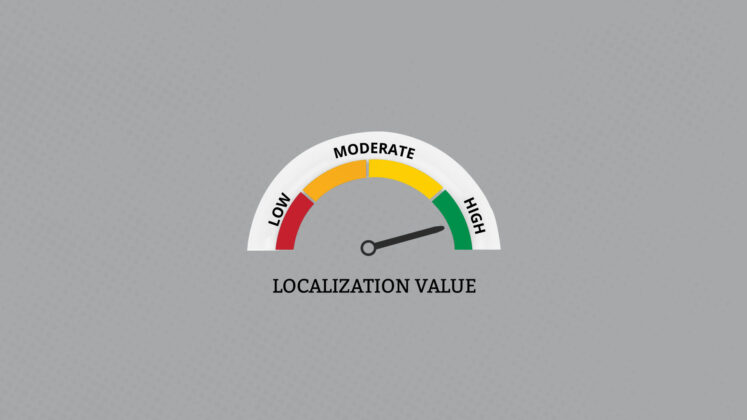ReadySetGo: Localizing Content
Localizing content takes more than putting words in a different language. It implies conveying content that is linguistically, culturally and functionally meaningful and engaging for local customers. In other words, localization is global content effectiveness delivering local customer experiences.


Localizing Content
Thursday, May 23rd, 2024 – 5-7:30pm CEST / 11am – 1:30pm EDT
This course will enable participants to understand what localizing content entails, how it should be managed and why it matters in global business and in the digital age. Equally important they will learn how people, processes and technology should be on a shared journey to create value and be(come) a profit driver rather than just a transactional service delivery practice.
Localizing content implies leveraging a mix of standards and best practices. Therefore this course will focus on selected challenges, pitfalls and experiences “from the trenches” that have proven to be critical to ensure that localization is and remains a profit driver. It will highlight how localization creates value that is recognized within globalizing organizations.
Target Audience:
As this course is expected to cover a number of localization facets in a short time and in an interactive way it is designed for leaders and practitioners with 2-5 years of localization experience or more than 5 years of international business experience including – yet not limited to – the following roles:
- Marketing directors and managers
- Communication directors and managers
- International project and program managers
- International business analysts
- International user and customer experience specialists
- E-commerce directors and managers
- Language technology experts
- International sales managers
- Content designers, developers and testers
Participants from any industry and any size of business will be welcome. Multinationals, scaleups and startups can send delegates to attend this course.
Course Outline:
This course will be structured as follows
- Setting the localization stage to start small, think big and move fast
- Scoping and defining localization strategy components including value proposition, goals, linkages and dependencies
- Implementing and leading localization operations while focusing on key value-creating content effectiveness factors
- Elevating and enriching content localization to turn it from a cost center to a profit driver
- Building and leveraging a content localization ecosystem
- Q&A
Key Takeaways
Participants will be able to get an overview of what localizing content is and is not in practical terms which includes:
- How to create a localization program that is focused on content effectiveness and value creation
- How to ensure that localization people are enabled by robust processes, agile workflows and cutting-edge technology
- How to set priorities during the whole content localization lifecycles
- How to synchronize content localization operations with local customer journeys in global content supply chains
- How to connect and partner with other stakeholders in global content management such as content owners, writers, designers and developers
- How to select language technology solutions that will fit nicely in a localization ecosystem
Please note: recording or republishing any part of the class session is prohibited. We do this in order for students to be able to speak and share experiences freely with the instructor and their fellow classmates in a comfortable and safe environment without fear that something they say might later be made public.
About Your Instructor

Bruno Herrmann is currently consulting with leaders in startups, scaleups and multinationals in various industries to design or optimize their content strategy. He has more than 25 years of experience in international product, content, and customer experience leadership within large organizations and startups, and in various industries such as technology, market research, business intelligence, and life sciences.
Until early June 2022, he was the director of localization operations at IQVIA, creating and leading an international team of more than 150 hub-based project managers, content design experts, vendor managers, and internal linguists in the US, LATAM, EMEA, Greater China and APAC. From 2003 to 2019 Bruno had roles of increasing responsibility in marketing, business operations, and product leadership at The Nielsen Company, including digital globalization leader between 2008-2019 where he was responsible for global content creation, localization, testing, certification, and delivery, product management, and international customer experiences. Before joining Nielsen, he managed online globalization programs at HP and content operations including localization at Compaq and Digital Equipment Corporation.
Prior to joining Digital Equipment Corporation, Bruno worked in marketing communication and localization startups, taking part in major international projects for high-profile technology clients. He has been a practitioner, change agent, thought leader, and strategist in data-driven and
client-first organizations in various countries, both in the offline and online world. Bruno is a regular speaker, panelist, moderator, and workshop leader during conferences and events around the world.
Bruno is the author of a November 2022 article in Multilingual Magazine titled:
Increasing Localization Value as Global Language Operations
“When I tell localization folks that I prefer to refer to localization as “global language operations,” under the larger umbrella of global content operations, many react skeptically. Sometimes, they even respond by accusing me of “diluting” localization in a broader framework. I typically reply that language operations offer a safe path to increase, demonstrate, and capture the value of localization.”


